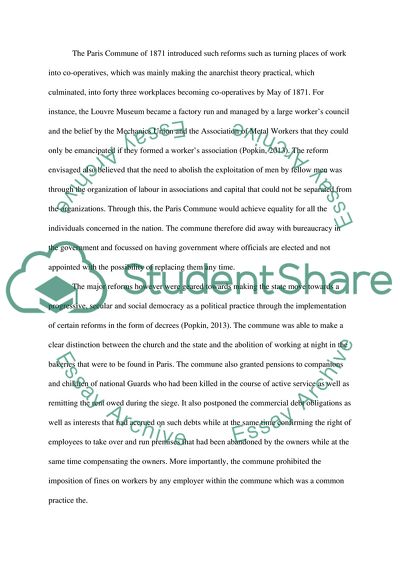Cite this document
(“History of Modern France Essay Example | Topics and Well Written Essays - 2000 words”, n.d.)
History of Modern France Essay Example | Topics and Well Written Essays - 2000 words. Retrieved from https://studentshare.org/history/1638236-file
History of Modern France Essay Example | Topics and Well Written Essays - 2000 words. Retrieved from https://studentshare.org/history/1638236-file
(History of Modern France Essay Example | Topics and Well Written Essays - 2000 Words)
History of Modern France Essay Example | Topics and Well Written Essays - 2000 Words. https://studentshare.org/history/1638236-file.
History of Modern France Essay Example | Topics and Well Written Essays - 2000 Words. https://studentshare.org/history/1638236-file.
“History of Modern France Essay Example | Topics and Well Written Essays - 2000 Words”, n.d. https://studentshare.org/history/1638236-file.


